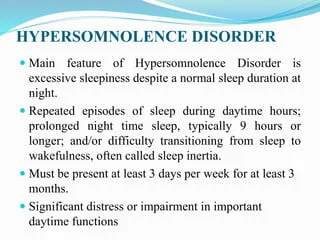Epilepsy is a neurological disorder that affects the brain’s electrical activity, leading to recurrent seizures or convulsions. These seizures can range from mild and barely noticeable to severe and life-threatening.
There are several kinds of epilepsy, including:
- Generalized epilepsy: In this type, seizures involve the entire brain and typically cause loss of consciousness. Examples include absence seizures and tonic-clonic seizures.
- Focal epilepsy: This type of epilepsy involves seizures that originate in one specific area of the brain. Focal seizures can be either simple, involving a brief change in awareness or behavior, or complex, involving loss of consciousness and more severe symptoms.
- Mixed epilepsy: This type of epilepsy involves seizures that have features of both generalized and focal seizures.

The exact cause of epilepsy is often unknown, but it can be caused by a variety of factors, including genetics, brain injury, infections, or developmental disorders. In some cases, epilepsy may be associated with other neurological conditions, such as autism or cerebral palsy.
Treatment for epilepsy typically involves medication to help control seizures. In some cases, surgery may be necessary to remove the part of the brain causing the seizures. Lifestyle changes, such as getting enough sleep, avoiding alcohol and drugs, and managing stress, can also help reduce the frequency of seizures. It’s important for people with epilepsy to work closely with their healthcare team to develop an individualized treatment plan.






 Individuals with hypersomnolence disorder may experience difficulty staying awake during activities such as work, school, or driving. The disorder can interfere with daily activities and cause significant impairment in social, occupational, or other areas of functioning. The exact causes of hypersomnolence disorder are not well understood, but it may be related to a variety of factors, including genetics, neurological conditions, and psychological factors.
Individuals with hypersomnolence disorder may experience difficulty staying awake during activities such as work, school, or driving. The disorder can interfere with daily activities and cause significant impairment in social, occupational, or other areas of functioning. The exact causes of hypersomnolence disorder are not well understood, but it may be related to a variety of factors, including genetics, neurological conditions, and psychological factors. 
